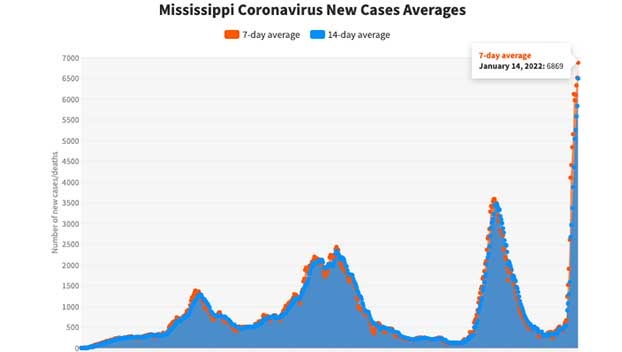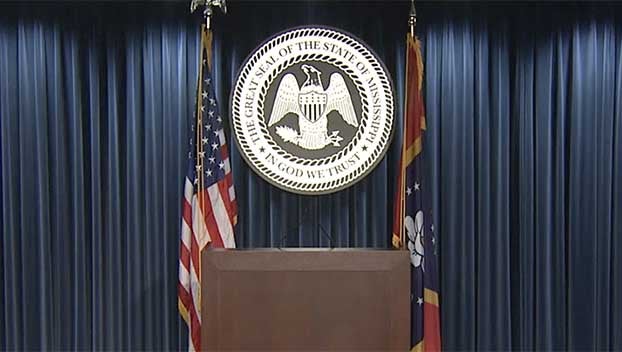Solving opiod crisis requires digging more deeply than just lawsuits
Published 9:06 am Monday, June 3, 2019
Tupelo has recently joined a growing number of local governments pursuing potential legal claims against opioid manufacturers.
Earlier this month, the Tupelo City Council authorized Mayor Jason Shelton to enter into an agreement with an outside law firm to investigate and pursue any claims for damages the city of Tupelo may have against the manufacturers and distributors of prescription opiates.
Tupelo’s contract is with Ridgeland-based law firm Gill, Ladner & Priest. Lee County supervisors entered into a similar agreement with a different law firm last summer, and Starkville, Columbus and Lafayette County are among the local governments also considering action.
The opioid epidemic is real, and while many people are probably familiar with that statement, we suspect most don’t grasp the true depth of the problem, particularly in Northeast Mississippi.
The epidemic grew as the prescribing of opioid painkillers became more common across the nation. Too often, individuals would undergo surgery, receive a prescription to aid their recovery and eventually find themselves addicted.
And despite efforts to tackle the issue, the epidemic may still be on the upswing. Mississippi – and Northeast Mississippi in particular – finds itself with an elevated exposure to future complications due to a high rate of opioid prescriptions.
According to 2017 data from the Centers for Disease Control, Mississippi had a rate of 92.9 prescriptions dispensed per 100 people, a total that ranked fourth in the nation, trailing only contiguous states Alabama, Arkansas and Tennessee. (Louisiana ranked fifth.)
Meanwhile, Lee County’s rate of 112.6 was the 17th highest out of Mississippi’s 82 counties. Fellow Northeast Mississippi counties Alcorn (161.5, third highest), Webster (141.9, fifth) and Tishomingo (133.7, ninth) were even higher.
Under Tupelo’s agreement, local taxpayers will not be on the hook for any expenses if no damages are collected for the city. Gill, Ladner & Priest will work on a contingency basis and collect a little over 33 percent of any awarded damages as payment, plus the cost of expenses, as reported by the Daily Journal’s Caleb Bedillion. The city would collect all remaining damages.
Many government entities have targeted opioid manufacturers and distributors for legal action, claiming the drug makers downplayed addiction risks and overstated potential benefits.
It is good for the city to pursue such recourse, particularly given the public health cost that opioids have wreaked on the city and county – a cost that is expected to continue growing.
However, solutions to the epidemic must probe much deeper. While the manufacturers are a part of the process, there are others involved in getting a high number of pills into patients’ hands. There needs to be a reckoning of why the prescription rate is so much higher in Mississippi and in Lee County and how we can address that issue.
It is time for the community at large to truly understand the broad scope of the problem and work together to tackle the underlying issues.
This editorial was originally published in The Northeast Mississippi Daily Journal newspaper.






